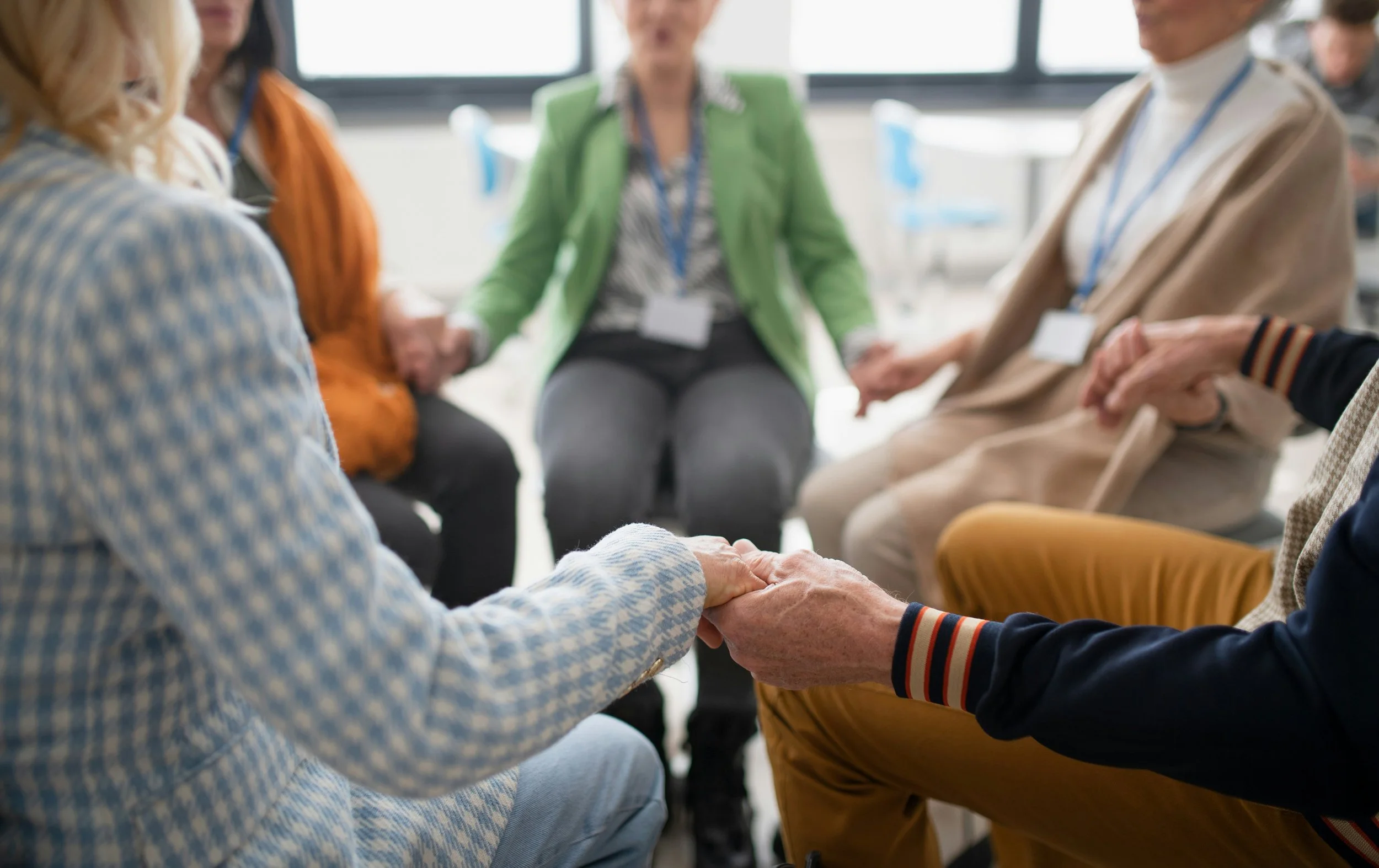
Our Groups
Granada House clinicians provide a dynamic, varied, and practical set of psychoeducational groups which encourage participation and equip our clients with useful recovery life skills. Every client receives a curated curriculum of essential groups over the course of a six-month stay, together with tailored support. Our clients connect with staff and other housemates in our collegial and inspirational environment.
Seeking Safety Group
The Guidelines of the Seeking Safety Group:
Assist each client in establishing and maintaining a sense of safety.
Integrate a program of safety and early recovery.
Learn the essential principles:
Safe and sober thinking
Actions
Relationships
Access to and use of staff, support, and guidance
Understand and principles the essential principles of this integrated program.
Develop a serious commitment to an ongoing and evolving use of regular, therapeutic, support processes.
The Seeking Safety Group was formed as a program response to the realization that many of Granada’s clients live with PTSD. The combination of living in early recovery and with PTSD makes these clients especially susceptible to relapse.
The Seeking Safety Group hopes to provide the group members with tools with which they can address their PTSD and maintain a sufficient time both safe and sober, that they might develop a lifelong program of independent living in gratitude and hope.
Individual Counseling
During each week of their stay, residents of Granada House receive individual counseling to discuss drug and alcohol, medical, legal, psychological, and family histories. A clients plan and progress are developed in collaboration with the Client, using skilled case management and a network of referrals.
Our counselors use the Stages of Change model to determine residents’ readiness to change maladaptive behavior. They then use Motivational Interviewing and Cognitive Behavioral Therapy-based interventions to encourage healthy changes. Counselors are persuasive and empathetic to residents, helping them achieve contented sobriety, and happier, more productive lives.
Counselors are looking for residents to progress in the following areas:
Developing a program of recovery
Participating in group and individual therapy
Psychological and social progress
Adherence to appointments (medical, dental and other)
Acting as an advocate and role model, counselors guide residents through early methods of recovery and provide them with an opportunity to discuss parts of their lives that may be hindering their progress.
Interpersonal Effectiveness Group
Our Interpersonal Effectiveness group is a skills-based group focused on helping clients improve the way they relate to others (boundaries, communication, healthy relationships).
These groups are often found in settings that use Dialectical Behavior Therapy (DBT), but the principles can also be applied in other forms of therapy or skills training programs.
Radiance Spirituality
Radiance Spirituality offers a gentle space to explore life's most meaningful questions: Who am I? Where am I going? Why am I here? This interactive group welcomes participants to discover belonging through shared spiritual exploration and the beautiful interconnectedness we all share.
In these gatherings, you're invited to consider, discuss, and find personal answers to the spiritual questions that arise in recovery. With open hearts and minds, participants engage in discussions that deepen self-understanding and foster genuine community connection. The insights gained here provide lasting support for maintaining sobriety while nurturing the inner balance essential for long-term growth and peace of mind.
Recovery
Life Skills
We believe that our clients can learn to live safe, secure, productive lives in recovery. Without judgement, we build social and economic skills that inspire belief that people in recovery may lead harmonious lives, reducing the perceived need to return to substance use.
We work on budgeting, time and household management, financial literacy, employment and occupational readiness, imparting real skills. Through each of these topics, we can identify maladaptive responses connected to our substance use disorder, aiding our clients to see the connections between behaviors, substance use disorder, and real-world application of recovery principles.
Relapse Prevention
Group
Relapse Prevention Group provides a supportive space where members can move past old patterns and build lasting strength in their recovery journey. In this dynamic group setting, participants with lived experience offer unique insight and compassion, recognizing warning signs and providing the understanding that comes from walking a similar path.
Together, members explore the feelings, thoughts, and behaviors that can lead to relapse. By identifying personal triggers and early warning signs, participants develop personalized strategies to protect their sobriety. This group empowers you to not just maintain recovery, but to thrive beyond the challenges that once seemed






